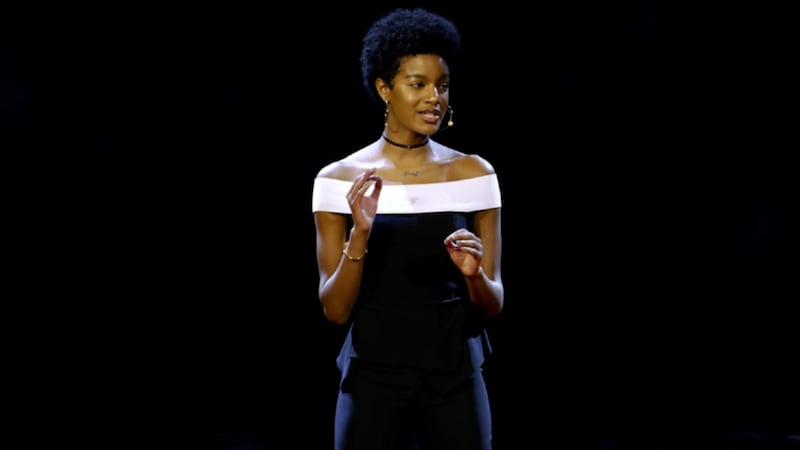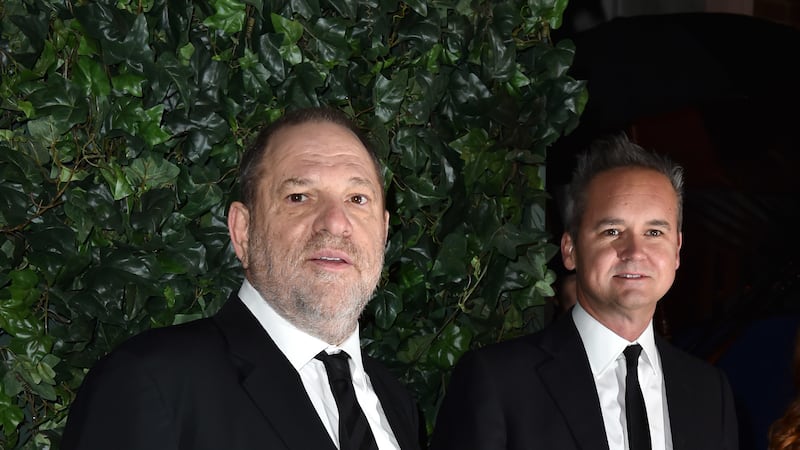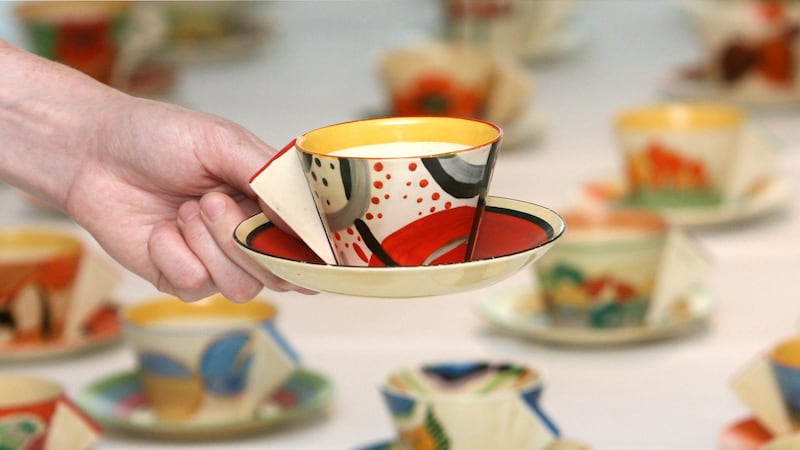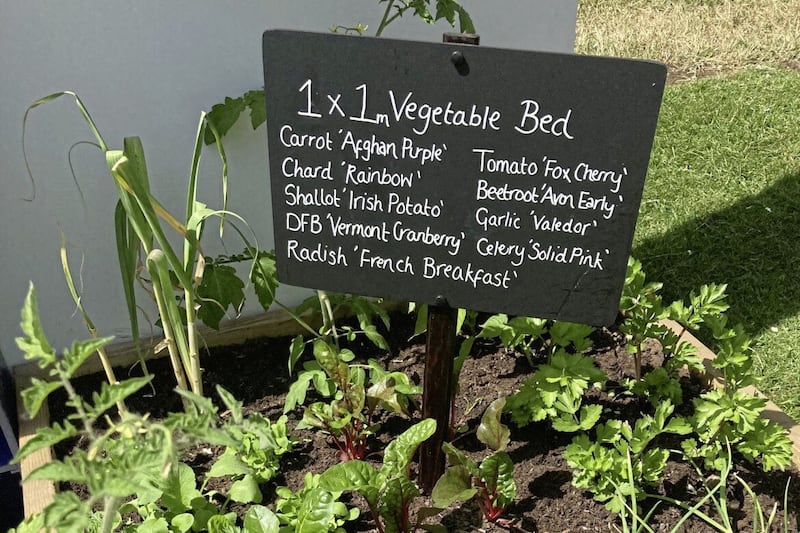Ebonee Davis is an unfortunate anomaly. Why? Because she’s a successful model who’s fronted big brands such as Calvin Klein… and she’s black.
Davis recently gave a TED talk about racism in the fashion industry and what needs to be done about it and it’s seriously inspirational. Here are the main points from her talk.
What it’s like to grow up as a black girl in America
In short, it’s tough. Davis talks about years of trying to get straight, silky hair growing up and doubting what she looked like because “to be born black in America is to be born into a world that makes you feel inferior before you can even take your first step”.
It’s confronting stuff, realising that someone such as Davis was “gripped by insecurity at the tender age of four and it stayed with me into adulthood”. She’s by no means alone in this, it’s a common experience.
This is, of course, because of the country’s troubled history of slavery. Davis believes it still has a huge impact on black people today. “It wasn’t just our bodies that were taken during slavery but our identities as well,” she says.
Society’s perceptions of beauty
For Davis, her four-year-old self was made to feel inferior thanks to society’s narrow and warped perceptions of beauty.
And it’s true: if you flip through any magazine the lack of diversity is stunning. This has an impact on anyone who doesn’t fit into these white standards of beauty and means that there are so many young people who don’t have a role model in the mainstream media growing up.
Davis says: “I used to look in the mirror for hours thinking how much more beautiful I would be if my eyes were blue or green, if my nose was a little smaller, if my lips were a little smaller, if my hair grew a little longer.”
What it’s like to be black in the fashion industry
These narrow perceptions of beauty are seen across the board in the fashion industry, according to Davis.
In a society dominated by white privilege, Davis was made to feel like something was wrong with her “because I didn’t fit into society’s narrow margins of beauty”. This meant that her road into modelling was a tricky one: she knew that “the odds were against me, but I was determined”.
Davis describes the everyday racism she came across in the industry. She would constantly be asked where she was from and people would be surprised when her answer was Seattle, “as if it was impossible to conceptualise that black beauty exists right here in America”.
When she decided to start wearing her hair naturally, she was told that it would be harder for her to get work because that kind of look didn’t fit into society’s limited perceptions of beauty.
This had a huge impact on Davis. For years she was forced to stay silent because she didn’t want to be marked as difficult to work with. “I had to live within the confines of trite stereotypes that compressed me into a tiny box,” she says. “I felt completely powerless. I felt like everything had been taken away from me.”
How she reacted to Alton Sterling’s death
But now, as Davis’s stature has grown in the industry, she’s started to speak out. The turning point was the death of Alton Sterling, a black man shot by police in Louisiana, which led to her open letter in Harper’s Bazaar.
In it, she calls out the fashion industry for its lack of diversity and writes: “Systemic racism began with slavery and has woven itself into the fabric of our culture, manifesting through police brutality, poverty, lack of education, and black incarceration.”
She argues that the most dangerous contributors to this systemic racism are advertising, beauty and fashion – and this is what she’s trying to change. On the same day that Sterling was killed, Davis was featured in a Calvin Klein ad with her natural hair. It was a poignant moment for her. “There I stood with my nostrils wide and my hair defying gravity in all of its natural glory,” she says.
What society can do to fix all these problems
Battling systemic racism is by no means an easy feat. But Davis is inspirational in her words about Black Girl Magic. She says: “Despite the grave injustices we face as black women we can and have and will continue to rise out of the ashes.”
For Davis, black women are increasingly creating their own narrative but society also needs to change. Davis says that society needs to become more inclusive – not merely featuring one black model in a campaign as a way of HR box ticking. Instead, society needs to “expand your definition of beauty to be inclusive”.
For Davis, fashion is a reflection of democracy and “as creators of media, we have a responsibility to rehumanise the systematically dehumanised”.
Massive props to Davis for speaking out about a tricky subject in such an inspiring way. We can only hope she succeeds in creating some serious change.








